Staying hydrated is essential for maintaining overall wellness, and while water is the obvious choice, there are foods that can help keep you hydrated. Incorporating hydrating foods into your diet not only boosts your water intake but also provides essential nutrients. Here are ten foods recommended by dietitians to enhance your daily hydration.
Cucumber
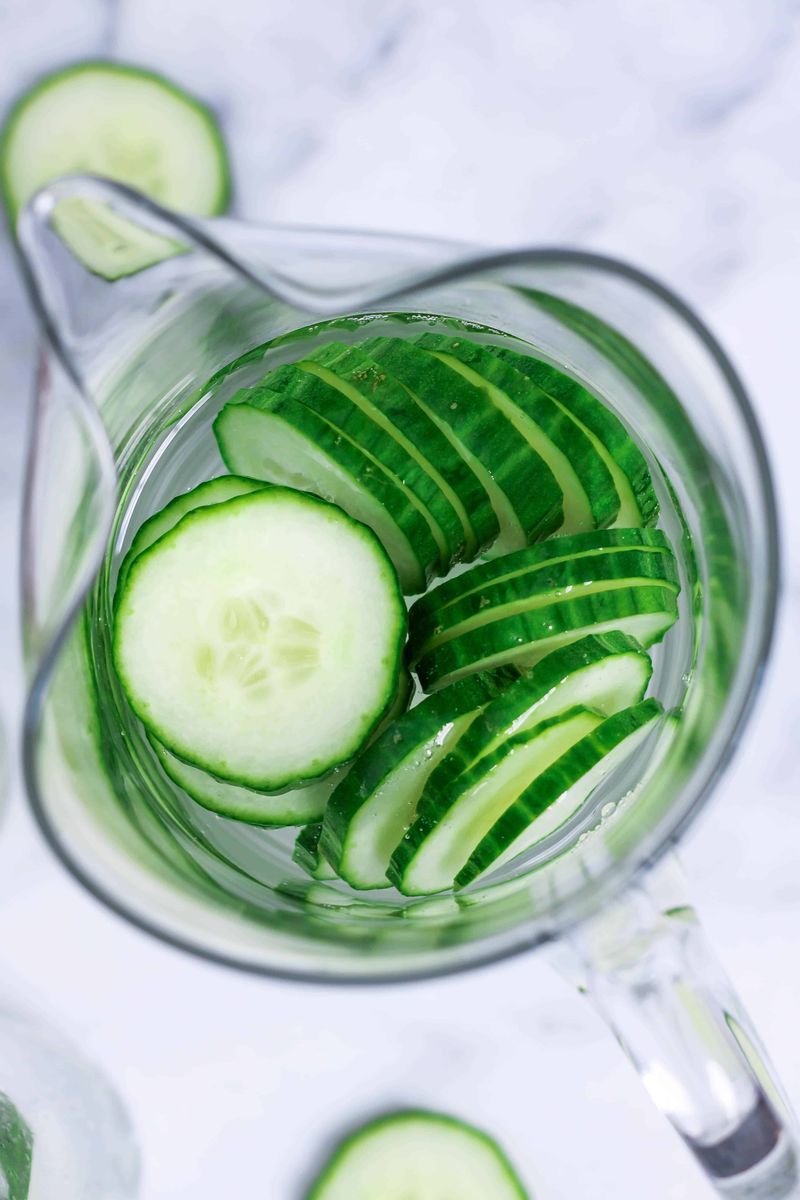
Crisp and refreshing, cucumbers are composed of about 95% water, making them an excellent hydrating snack. Often enjoyed in salads or as a crunchy side, cucumbers are not just water-rich but also provide a subtle, satisfying crunch. Their mild flavor pairs well with a variety of dishes, making them a versatile ingredient in any meal.
Beyond hydration, cucumbers are a good source of vitamin K and antioxidants, which support overall health. The cooling properties of cucumbers have made them a popular choice for soothing skin irritations. Adding cucumber slices to your water can also enhance its taste, encouraging you to drink more throughout the day.
Watermelon

Watermelon is synonymous with summer and hydration. With its vibrant red flesh and high water content, it’s a favorite for quenching thirst. Each bite is not only refreshing but also brings a sweet, satisfying taste that is hard to resist.
Rich in vitamins A and C, watermelon also offers antioxidants like lycopene, which contribute to its health benefits. Whether enjoyed as a fruit salad or blended into a smoothie, watermelon provides a delightful way to stay hydrated.
Known for its cooling properties, watermelon is often enjoyed on hot days, offering a burst of freshness that is both hydrating and energizing.
Strawberries
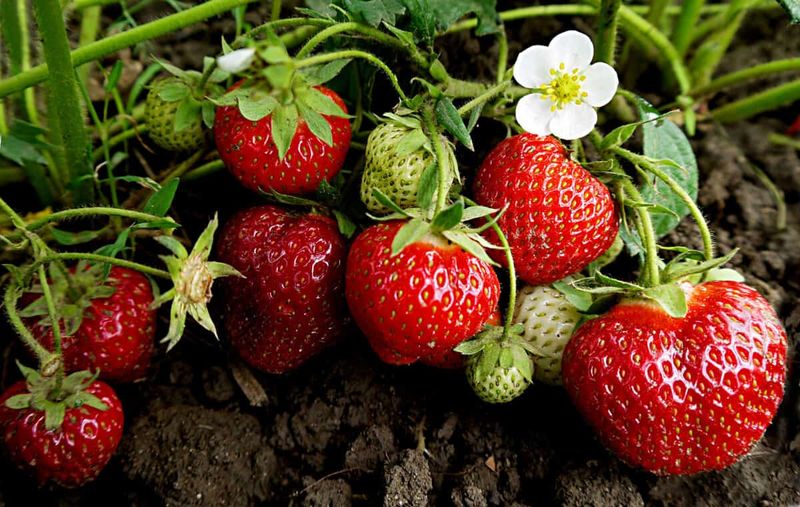
Packed with flavor and nutrients, strawberries are about 91% water, making them a delicious way to boost hydration. Their natural sweetness and vibrant color make them appealing to both children and adults alike.
Beyond hydration, strawberries are loaded with vitamin C and manganese, supporting immune function and skin health. These berries can be effortlessly incorporated into breakfasts, desserts, or eaten alone as a refreshing snack.
Strawberries have a long history of being a symbol of love and are often associated with festivities and celebrations, adding a touch of joy to any occasion.
Celery
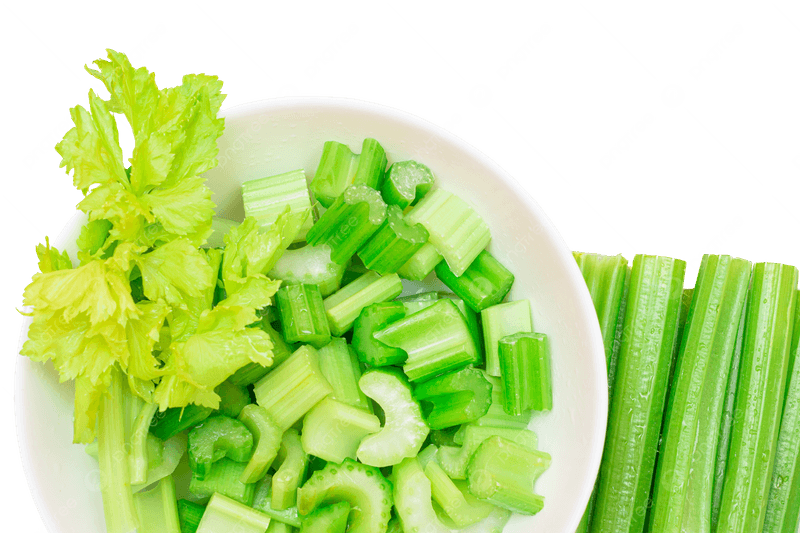
Celery is more than just a crunchy snack; it’s a hydration powerhouse, composed of about 95% water. Known for its crisp texture and subtle flavor, celery makes a great addition to salads, soups, or as a standalone snack with dips.
Rich in vitamins A, K, and C, celery also contains antioxidants that promote health and wellness. Its natural saltiness can enhance the flavor of various dishes without the need for added sodium. Celery’s cooling effect makes it a popular choice for calming inflammation and soothing digestive issues.
Lettuce
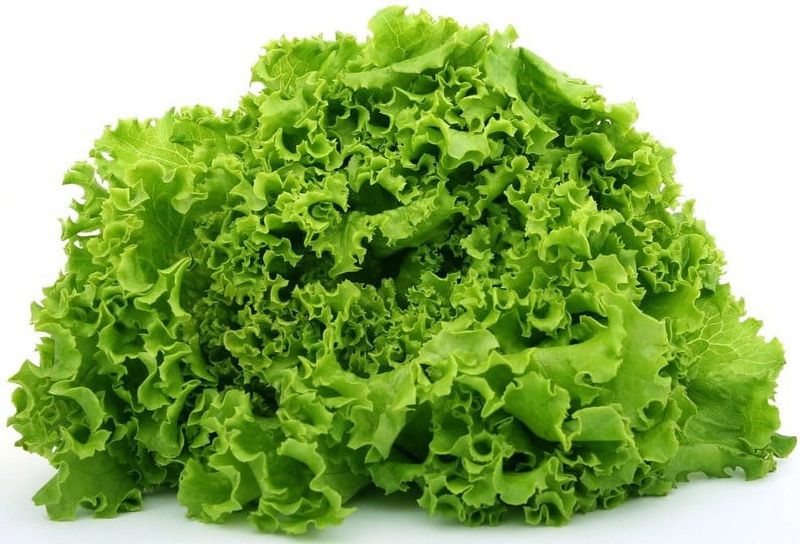
Light and crunchy, lettuce is not only a staple in salads but also a hydrating food, with a water content of about 96%. Its refreshing taste and crisp texture make it a favorite in many cuisines around the world.
Providing essential nutrients like vitamins A and K, lettuce supports eye health and bone strength. It’s easy to incorporate into sandwiches, wraps, or as a bed for other dishes, adding hydration and nutrition effortlessly.
Lettuce is often linked to ancient cultures where it symbolized fertility and renewal, reflecting its life-giving properties.
Zucchini

Zucchini, with its high water content and subtle flavor, is a versatile vegetable that enhances hydration. Often used in cooking, its soft texture and mild taste allow it to adapt to a variety of recipes, from savory dishes to sweet baked goods.
Rich in vitamins B6 and C, zucchini offers health benefits that complement its hydrating properties. Whether grilled, sautéed, or spiralized into noodles, zucchini provides a nutritious way to stay hydrated.
Zucchini’s adaptability in the kitchen has made it a favorite among chefs and home cooks alike, offering endless culinary possibilities.
Tomatoes
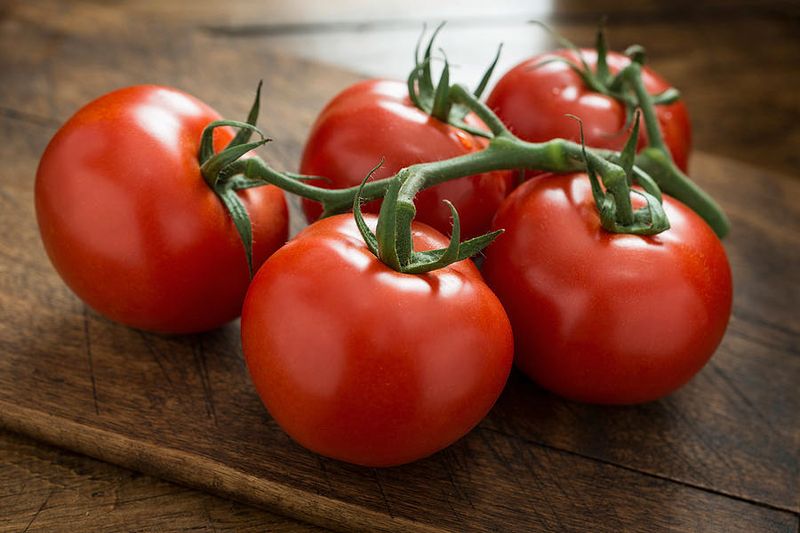
Juicy and full of flavor, tomatoes are about 94% water, making them a fantastic choice for hydration. Their rich taste and vibrant color add life to any dish, from salads to sauces.
Loaded with vitamins C and K, as well as antioxidants like lycopene, tomatoes support heart and skin health. Enjoying tomatoes fresh, roasted, or blended into soups can enhance both hydration and nutrition.
Tomatoes are often celebrated in Mediterranean cuisine, where they are cherished for their taste and health benefits, embodying the spirit of this heart-healthy diet.
Pineapple

Pineapple, with its juicy and sweet flesh, offers a tropical burst of hydration. Comprising about 86% water, this fruit is not just refreshing but also packed with health benefits.
Rich in vitamin C and bromelain, pineapple aids in digestion and boosts the immune system. Its unique flavor makes it a delightful addition to fruit salads, smoothies, or enjoyed on its own.
Historically, pineapples have been a symbol of hospitality and warmth, inviting a sense of tropical paradise into your daily routine.
Oranges

Oranges, with their vibrant color and juicy segments, are a refreshing way to increase hydration. Comprising about 86% water, they provide a burst of vitamin C and other essential nutrients.
Their sweet-tart flavor makes oranges a favorite snack, juice, or ingredient in various dishes. Beyond hydration, they support immune function and skin health, making them a valuable addition to any diet.
Oranges have a rich history of being associated with prosperity and good fortune, often shared during festive occasions to symbolize abundance.
Radishes
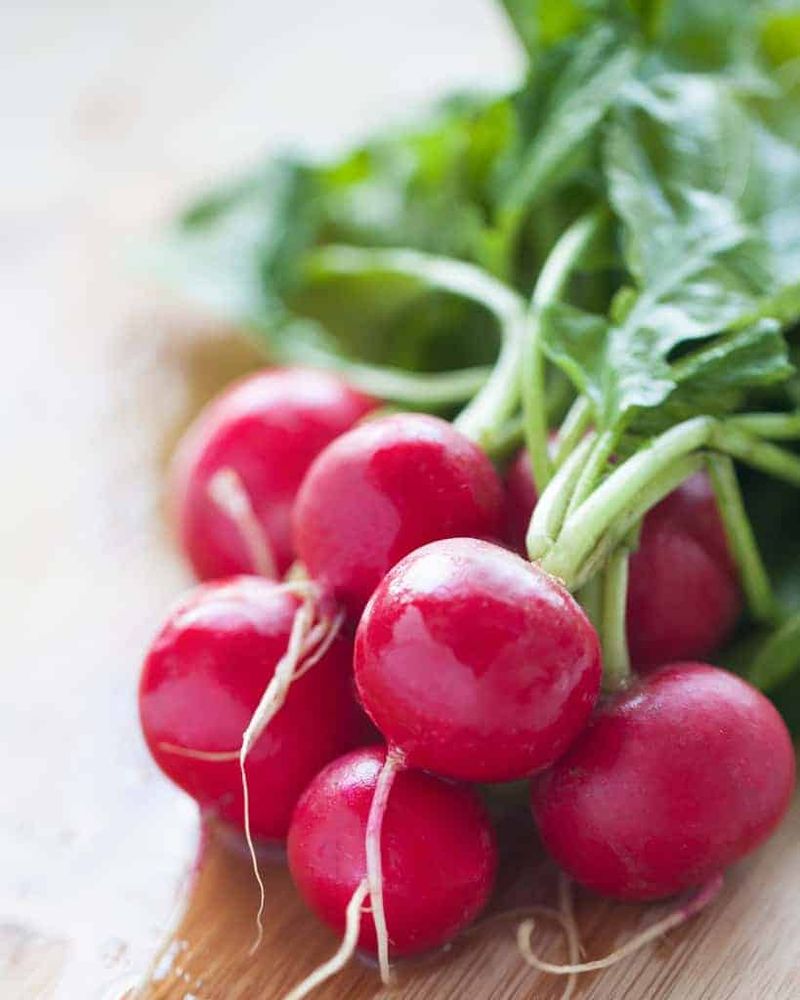
Radishes, with their peppery flavor and crisp texture, are about 95% water, making them a hydrating choice for salads and snacks. Their bold taste and vibrant color add a zesty flair to any dish.
Rich in vitamin C and other antioxidants, radishes support digestion and overall health. Whether sliced thinly in salads or enjoyed raw with a pinch of salt, they offer a refreshing bite.
Radishes have been enjoyed for centuries across different cultures, celebrated for their unique flavor and health benefits, often used in traditional remedies.
Leave a comment